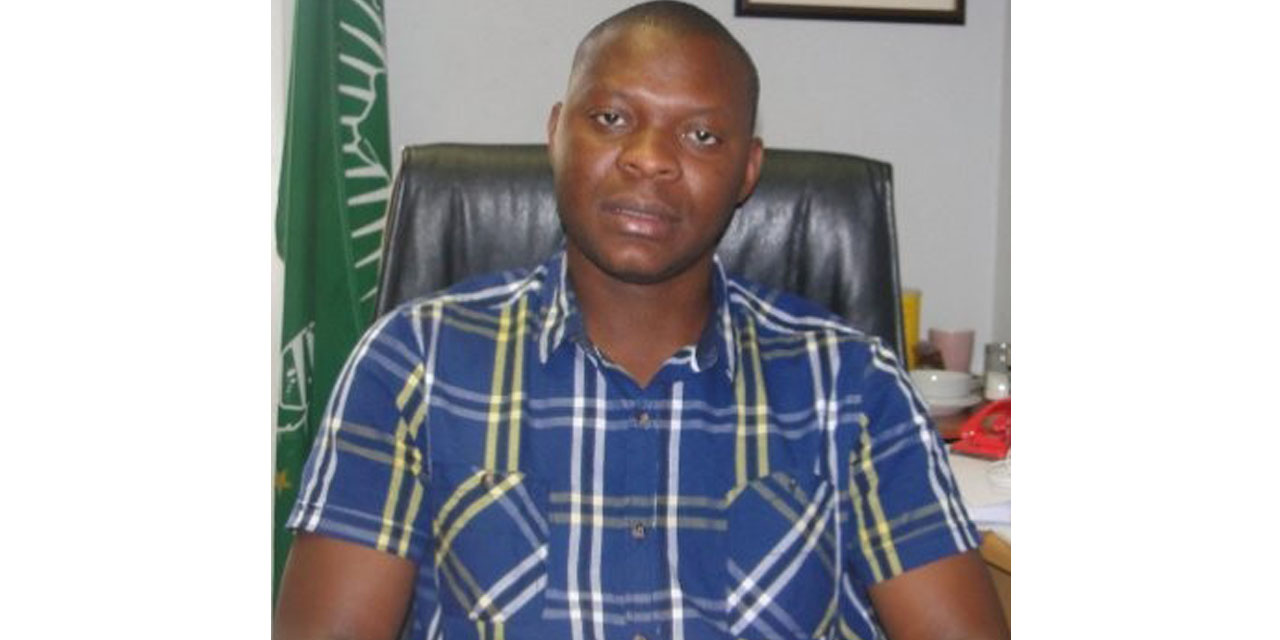Martin Endjala
The Central North Regional Electricity Distributor (CENORED) have warned against dependency on electricity supply from South Africa amidst that country’s inability to provide the utility to its own people.
The Marketing Corporate Communications Manager of Cenored, Chali Matengu, argued that efforts now need to be diverted for Namibia to free itself.
Matengu took this stance during an interview with the publication yesterday during which he stressed the urgency for Namibia as a country to accelerate its energy strategies to detach itself from its neighbouring country which of late has been suffering from load shedding, where many households have now opted for gas usage.
“We cannot be dependent on a country that is unable to sustain itself in providing electricity to its people and now we must rely on such a country. We need to use our own resources to provide for ourselves and then commercialise it and sell it to others,” he said.
Load-shedding, accomplished through a series of rolling blackouts, has been part of South Africa’s power grid since 2007.
Since then, South Africa’s power problem has taken a huge chunk out of its Gross Domestic Product after the country’s central bank estimated that $51 million is lost every day due to load shedding.
The Reserve Bank sees the country’s economic growth dwindling to 0.3 percent this year from 1.1 percent in 2022.
Based on these stats, Matengu strongly believes that it is high time that the country seriously utilises its God-given natural sunshine to generate energy while bearing in mind that the recent developments in South Africa call for accelerated interventions to help safeguard the country from future unforeseen events.
Currently, Namibia receives most of its electricity from neighbouring countries, which is one of the contributing factors to high electricity tariffs locally.
Cenored has since partnered with an independent local electricity company to supply about 10MW of energy to the residents to save costs incurred from supply from NamPower.
In some other African countries, Matengu noted that electricity per unit only costs about 40 cents, were as in Namibia it cost about N$4.50 per unit, lamenting that it is too costly.
“Cenored is now focusing on the quality supply and price of electricity in the regions it operates in, by looking at alternatives such as renewable energy sources,” he said.
Cenored’s direction is in line with vision 2028 of the Ministry of Mines and Energy to supply 80 percent of electricity locally, which the Deputy Minister of Mines and Energy, Kornelia Shilunga, highlighted during her budget motivation speech in parliament. She reiterated that the government is committed to the supply of affordable electricity.
Shilunga said as a catalyst for the development agenda in achieving this, the ministry updated the national integrated research plan to monetize data, for energy security supply for households.
In the year under review, the ministry has commissioned 213 schools, 19000 rural and peri-urban areas of household under the HPP2, and 21 schools have been so far electrified.
Furthermore, NamPower inaugurated its first fully owned and operated renewable energy plant, the Omburu 20 MW PV Power Station on Friday 25th June 2022.
The project was built at a cost of N$317 million, which is in line with the national plan linked to the HPP2 strategic pillar of energy supply.
The managing director of Nampower Kahenge Haulofu said that the Omburu power station’s renewable energy will cater for about 16000 to 18000 households in the country, adding that the power station is the first of its kind in Namibia.




